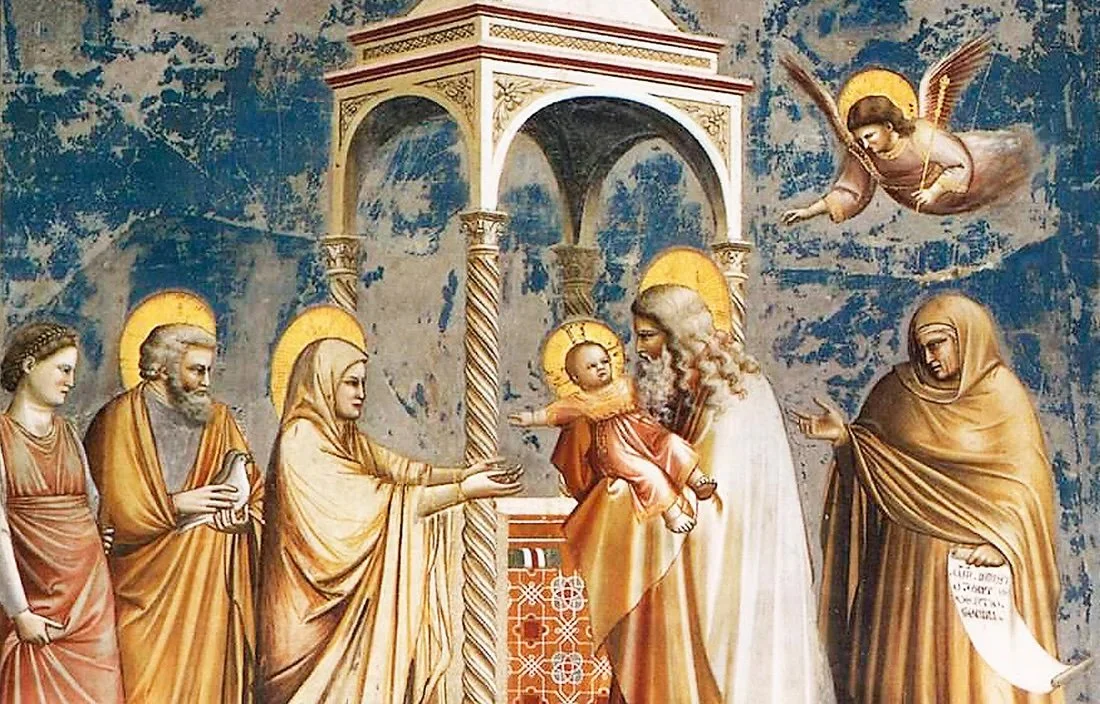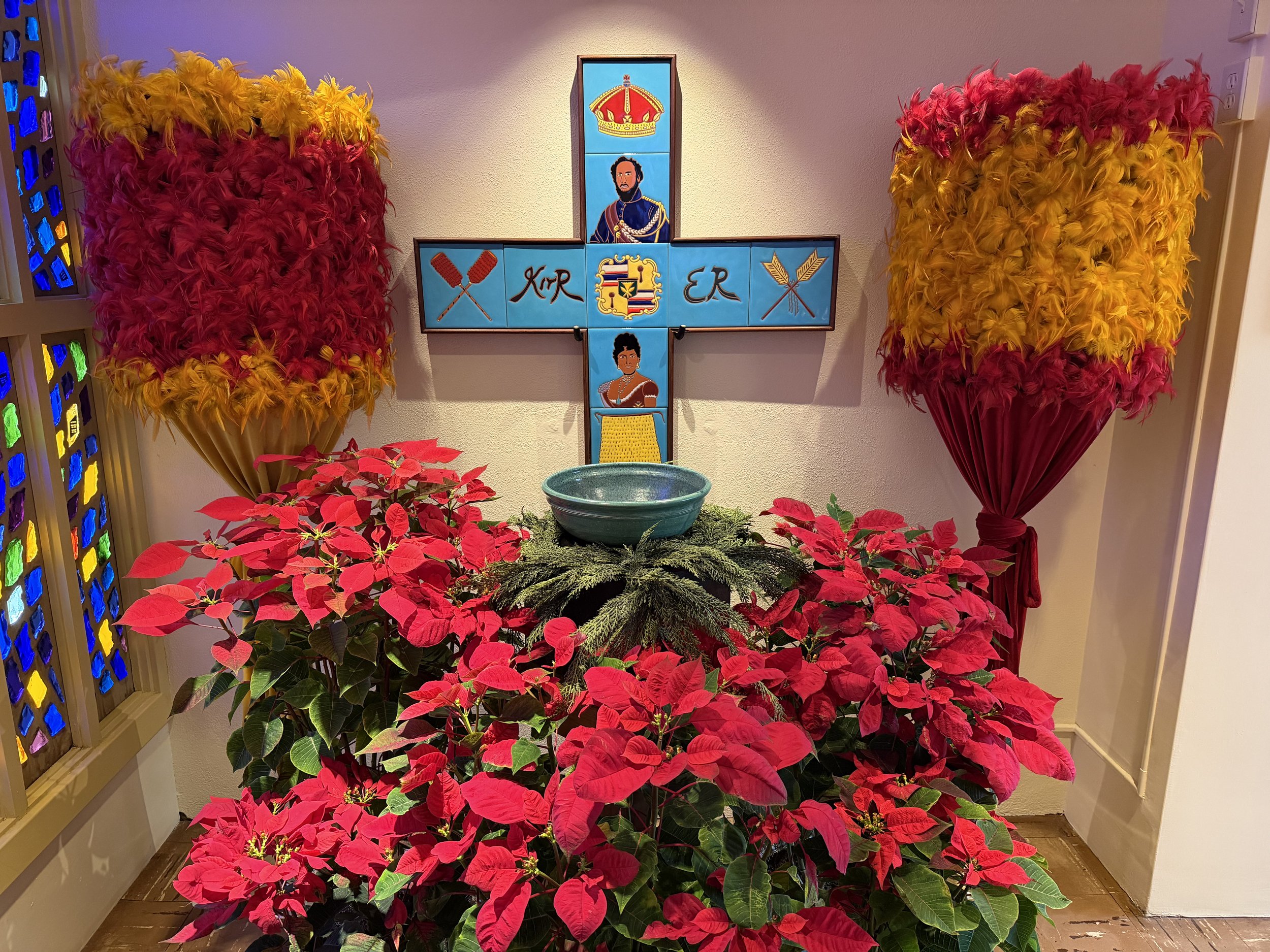From the Rector: General Convention
/It has been two weeks since we finished our work at General Convention, and I am grateful for having been a deputy of the Diocese of Hawai'i. Attending General Convention provided me with a vision of the tremendous diversity of our church in all its forms. Having taken a week of vacation to be with my family in Chicago after Salt Lake City, and now being back at St. Mark's for another week, I want to share the following reflections.
Perhaps the greatest news was the election of our new Presiding Bishop, Michael Curry. He was elected by a great majority on the first ballot. I felt that all four candidates would bring great gifts to our church, but I was particularly pleased to see how Bishop Curry's election was such a unifying force for our church. He is a great preacher as many already know, and it is clear that he will motivate our church to share the life of Jesus Christ with the world. You can watch his sermon here from General Convention.
General Convention is a bicameral legislative body. We have a House of Bishops and a House of Deputies. For the election of a Presiding Bishop, the House of Bishops elects and the House of Deputies confirms. This process brought about an interesting snafu. Once the House of Bishops elected the bishop, this information was to be kept confidential until the House of Deputies had the chance to confirm. You can imagine the surprise when deputies were discovering through Twitter and Facebook that Bishop Michael Curry had been elected before they had the chance to confirm the election. Turns out that there were some overjoyed bishops who had to share the news immediately. Hence several churches, people, and ecclesiastical organizations were announcing the election on Twitter before the House of Deputies even had a chance to confirm. Just imagine the mess we would have been in if Michael Curry had not been confirmed. Frankly, this was not going to happen, but still, under different circumstances we could have had a huge quagmire. Perhaps the leaks were most problematic from the perspective that it sends a message that the House of Deputies' confirmation is not important - just a rubber stamp. Thanks be to God that everyone agrees we have a wonderful Presiding Bishop-Elect.
The murders in Charleston weighed heavily on everyone's hearts and minds at the General Convention. As a result, much time was spent discussing how our church might respond to racism that is present within our church and within our society. Our Hawaii deputation was fortunate to be seated next to the Official Youth Presence. They gave us a poster which stated, "Black Lives Matter," and we were able to post this in our deputation, as did many other deputations. The other public matter which aligned with our work was the Supreme Court's ruling on marriage equality. The Episcopal Church has been intentionally working for decades on how to welcome and support GLBT persons, and at this convention we approved the sacrament of marriage for straight and gay couples. You can read the resolutions here. This is welcomed news at St. Mark's, as well as in our diocese. Before it was popular to do so, St. Mark's was advocating for GLBT persons in many different ways. We welcome this action from our church, for it strengthens the bonds of marriage for all couples, and it reaffirms that marriage is primarily about fidelity.
At this convention I served on the Prayer Book, Liturgy, and Music Legislative Committee. We heard testimony on all the resolutions dealing with this area and made recommendations before they went to the House of Bishops for discussion, after which they would potentially progress to the House of Deputies. Our workload was hefty. We dealt with resolutions on the calendar of saints, communion without baptism, revision of the BCP and hymnal, newly proposed saints including Queen Lili'uokalani and Hiram Hisanori Kano, presbyteral confirmation, the so-called "Rite 3" liturgy of the BCP, and more. I can speak to any of these items when we gather for the forum on the General Convention on July 26 at 11:30 am.
Of special concern to St. Mark's is the calendar of saints. We are one of the few churches that actually celebrates the mass daily and offers the Daily Office throughout the week, hence the calendar of saints is incredibly important for our parish's worship life. Our wider church continues to struggle with a theology of sainthood and how that is lived out practically. I do not want to rehash the entire recent history of our church's efforts at creating a calendar of saints. If you are interested in this topic, I commend Derek Olsen's blog. If you look throughout his postings you will discover the nitty gritty of the machinations of Holy Women, Holy Men and A Great Cloud of Witnesses. One of the pitfalls of our Episcopal Church has been the tendency to commend people as saints due to their genius of achievement rather than their holiness of life. For our purposes at St. Mark's, the official calendar is Lesser Feasts and Fasts 2006, the precursor of Holy Women, Holy Men. We will continue to supplement that calendar with venerable saints and feasts from the Anglo-Catholic tradition. We will also observe some of the new additions from the calendars which have followed Lesser Feasts and Fasts, such as Damien and Marianne of Moloka'i, and those who are especially relevant to the Pacific and our Anglo-Catholic tradition. You can always view our Parish Calendars for the saints we are currently observing, or not, at St. Mark's.
Mission was another important discussion. Six million was allocated for church planting and evangelism, and this is great news. We also continued discussion on how to make our church structure more adaptive to the needs of modern society. This included the possible elimination of provinces, increased possibilities for dioceses sharing their work, and more. In regard to the structure of General Convention, many are calling for a move to a unicameral house. I mentioned above that we currently have a House of Bishops and a House of Deputies, a bicameral system. With a unicameral house, bishops and deputies would be on the floor together, sharing in the same discussions and debates. Many argue this would be a more transparent process, and this issue seems to get raised whenever the House of Bishops enters into an executive session. On the other hand, the downside of a unicameral house might be that the bishop's voice overpowers the voice of deputies, and this is a concern that many have stated. (I should mention that this is not a problem in our diocese. Our deputies and our bishop have a great relationship.)
This convention also reduced the asking from dioceses to 15 percent from 19 percent, and it made the diocesan contributions mandatory rather than an "asking." Currently many dioceses do not pay the full asking, and I should add that Hawaii does pay the full 19 percent. This is an economic injustice within our church, and everyone should pay their fair share for our common life. Why should a small diocese like Hawai'i shoulder such a burden when larger dioceses with far greater resources only pay 10 percent? It is time for everyone to pay their share. We continue to look at our structures, trying to make them the most responsive to the needs of our church and society. If you are interested in more on these topics of mission and structure, I commend to you Episcopal Resurrection, and this blog posting in particular.
There is much more I could mention such as our deliberations on alcohol abuse in the church, the divestment from fossil fuels, as well as the resolutions on Israel and Palestine. All of these garnered significant conversation. The reactions by the wider and ecumenical church regarding convention's action on Israel and Palestine has been particularly biting. You can view all of the resolutions in regard to Israel and Palestine on this webpage as well as the final actions taken. Kairos Palestine, the United Church of Christ, the Roman Catholic Church, as well as others have been more bold in their stance of solidarity with the Palestinian Christians. I commend to you these words from Father Naim Ateek, a Palestinian Episcopal priest.
Perhaps my favorite part of the General Convention was a sermon that our current Presiding Bishop, Katharine Jefferts Schori, delivered. The text for the sermon was Jesus raising the little girl with the words, talitha cum (get up). "Get up, girl!" our presiding bishop declared. She then reminded us that these words might not be just for that little girl, but rather, they are also for the Episcopal Church. "Get up, girl. I'm not done with you yet!" How often has the Episcopal Church been made to think that we are a dying church? Yet we should not allow ourselves to be diminished into a state of hospice ministry. For me General Convention was full of signs of new life. Whether it was marriage equality, our renewed commitment to planting new churches, our efforts to create a society free from racism, or our attention to the minutiae of our worship life, I see much hope. The Episcopal Church is waking up, and that is good news for all of Christianity.
Father Paul Lillie+








